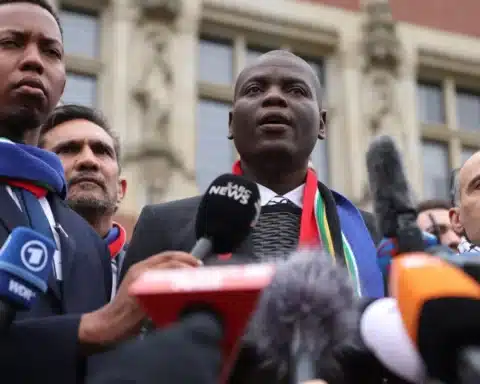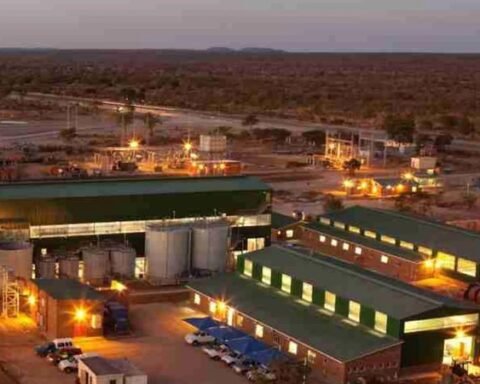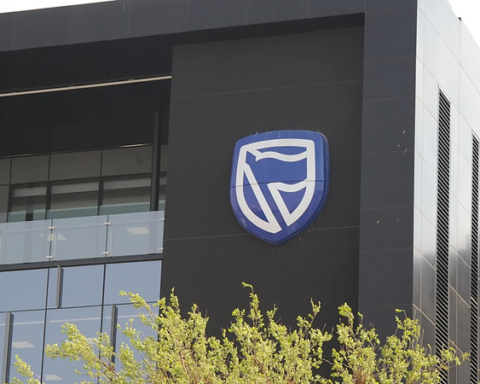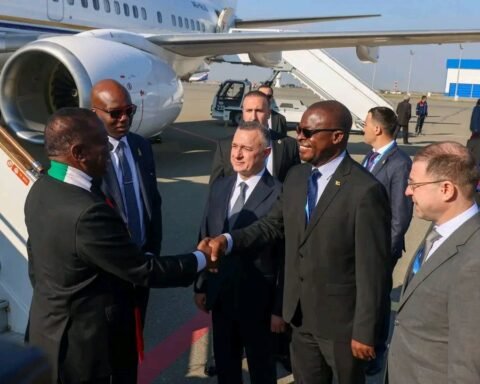Former President Barack Obama will return to his adopted home on Monday for his first public event since leaving the White House, holding a conversation with six young people in front of an audience at the University of Chicago.
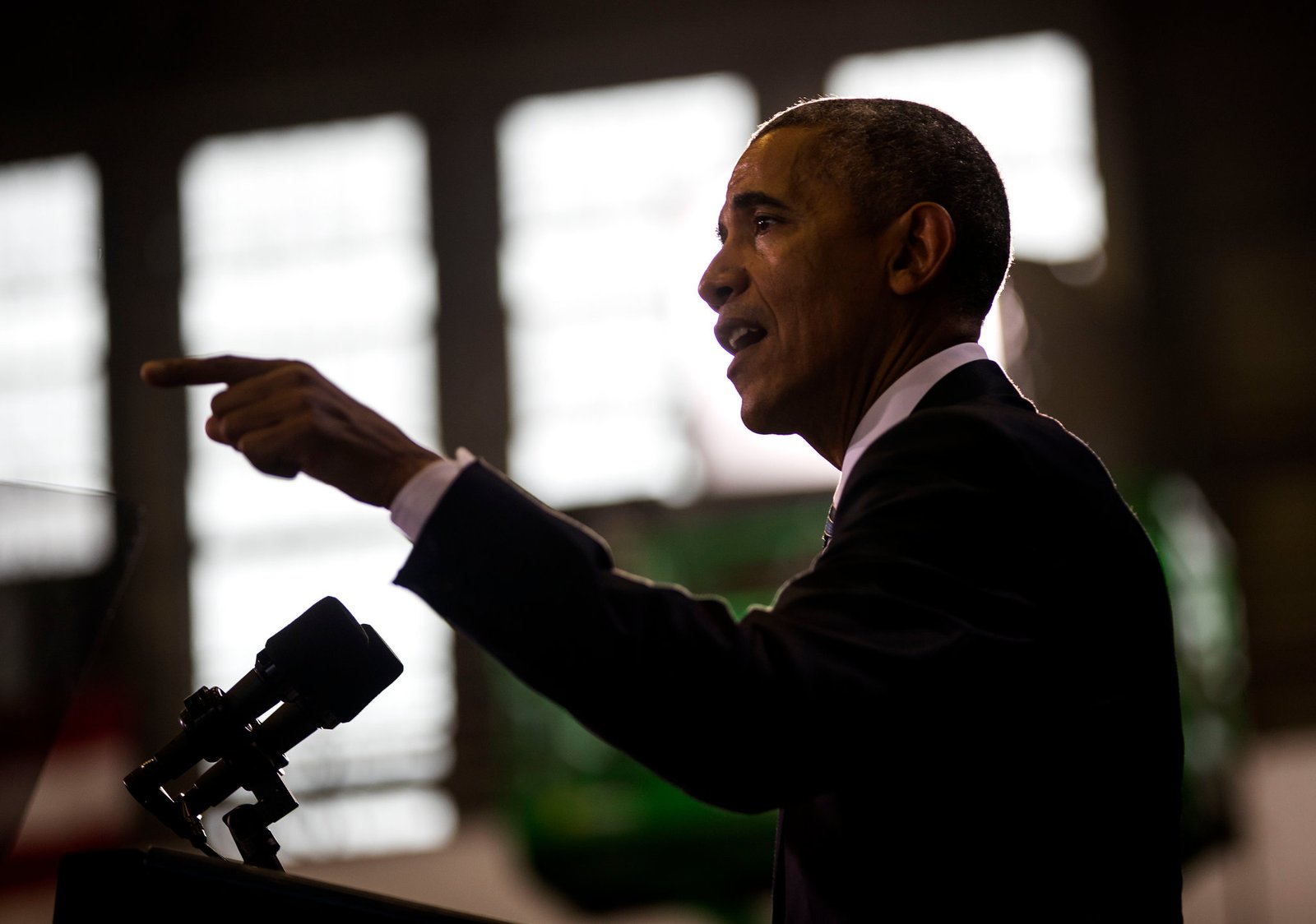
Mr. Obama has spent the three months since Inauguration Day on an extended vacation even as his staff begins setting up an office in Washington and planning continues on his presidential library in Chicago. He is also starting to work on a memoir.
But on Monday, the former president will begin a series of public appearances in the United States and Europe.
Aides have said Mr. Obama does not intend to use his platform to directly challenge President Trump, despite his successor’s aggressive efforts to reverse many of Mr. Obama’s legacy-making accomplishments.
But Monday’s event may be an example of the pressure the former president will be under to speak out.
Mr. Obama wants to talk with the young people onstage at the elite school about civic engagement, community organizing and the importance of not withdrawing from the challenges facing society.
But the young people will be free to ask whatever they want, and they might choose to press the former president on topics like immigration, climate change or racial justice — all areas where anything Mr. Obama says is likely to be interpreted as a critique of Mr. Trump.
And they might even ask him the question directly: What does he think of the way Mr. Trump is leading the country after eight years of the Obama administration?
That would present a tricky moment for Mr. Obama, who has publicly and privately expressed a deep respect for the way his predecessor, President George W. Bush, avoided criticizing him.
But to accomplish that, Mr. Bush largely withdrew from the national stage. Mr. Obama has made it clear to his close advisers that he does not intend to follow that path, which makes avoiding the topic of Mr. Trump’s administration more difficult.
Mr. Obama’s choice of Chicago as the place for his return to public life will take him back to the South Side, where he began as a community organizer decades ago.
In his final speech as president in January, Mr. Obama also traveled to Chicago and talked about the effect the city had on him as a young man. “It was on these streets where I witnessed the power of faith, and the quiet dignity of working people in the face of struggle and loss,” Mr. Obama said on Jan. 10. “This is where I learned that change only happens when ordinary people get involved, get engaged and come together to demand it.”
Advisers said Mr. Obama’s conversation on Monday is likely to echo many of the same themes he talked about in that farewell address, including a plea that people not take democracy for granted.
“If you’re tired of arguing with strangers on the internet, try to talk with one in real life,” Mr. Obama said in the speech. “If something needs fixing, lace up your shoes and do some organizing. If you’re disappointed by your elected officials, grab a clipboard, get some signatures and run for office yourself.
“Show up, dive in, stay at it. Sometimes you’ll win. Sometimes you’ll lose,” he said, mentioning Mr. Trump only once. “More often than not, your faith in America — and in Americans — will be confirmed.”
